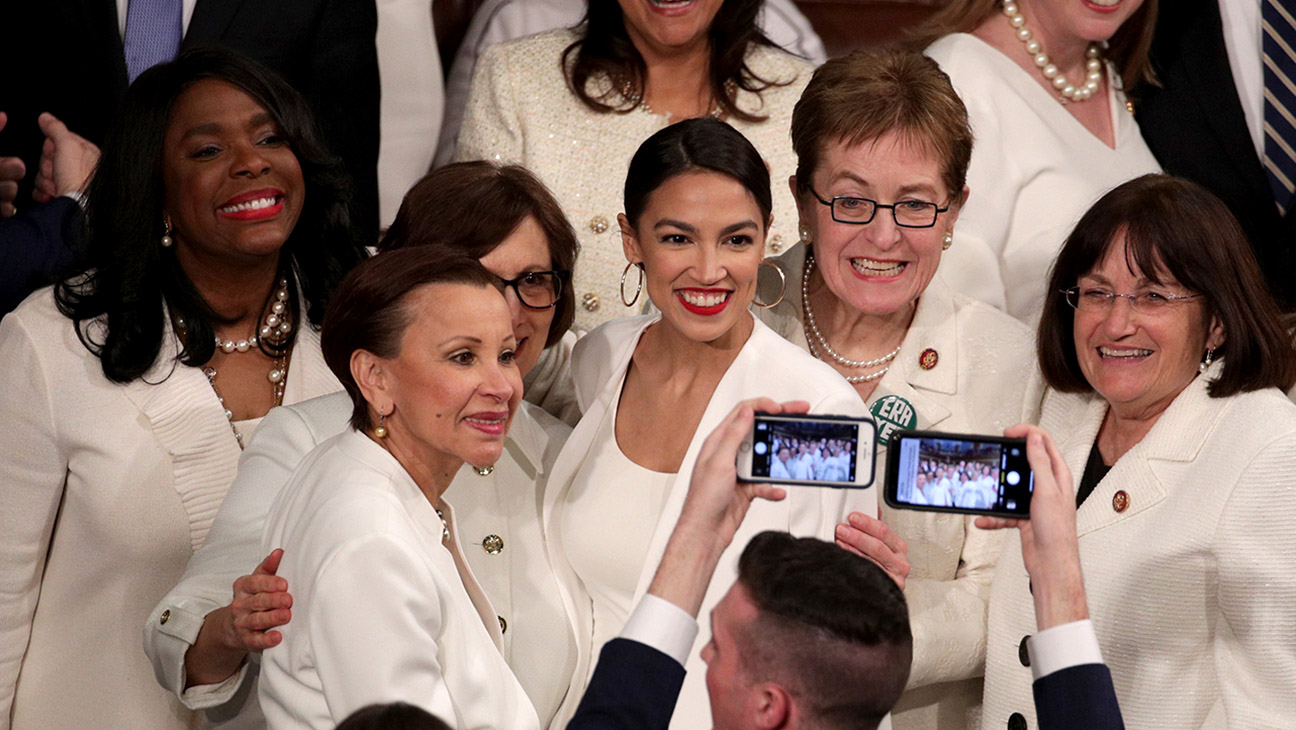Skin In The Game: Why Robbing Peter To Pay Paul Always Has The Support Of Paul.
Try this thought exercise. You’re watching a tennis match between Novak Djokovic, winner of 15 Grand Slam singles titles, and a Cinderella performer getting his first taste of a final in a big event. Who are you cheering for? Well, most people would be pulling for the faint hope to have his day in the sun.
Now, say you’re watching the same match but someone has given you $50 to wager on the winner. Who are you cheering for now? Of course you’re all over Djokovic and turning the $50 into $100.
That’s how life really works. Investment is everything. Skin in the game. And why today’s politics of resentment don’t work.
The earliest democrats reflected this concept when they designed the first constitutions. The vote, for the most part, would go to those with investments in property or businesses. It was believed, probably fancifully, that only those who stood to lose tangible assets could be trusted to manage the budgets of the state or decide on war.
Time and custom have eroded the link between investment and the franchise to vote. Suffrage and desegregation opened the vote, and now any adults over the age of 18 who can make an X and fog a mirror (although there are doubts about the mirror part in certain neighbourhoods of Chicago) get a vote. No one sees that as a bad thing.
(Liberalization of the vote in some jurisdictions has even extended the franchise to former criminals and non-citizens. Many have problems with that.)
Which has resulted in today’s system where some people vote their pocketbook. While others who vote their conscience. Publicly acknowledging this fact, however, is political poison. Mitt Romney, the GOP candidate for president in 2012, was caught suggesting that the 47 percent of the people who pay no taxes might have a different investment in voting than those who do contribute to taxes.
He was roasted by his opponent Barack Obama. POTUS 44 was the president of the 47 percent, as he famously described his vision of how the economy can work only with government intervention.
“There is nobody in this country who got rich on his own — nobody. You built a factory out there? Good for you. But I want to be clear. You moved your goods to market on the roads the rest of us paid for. You hired workers the rest of us paid to educate. You were safe in your factory because of police-forces and fire-forces that the rest of us paid for… Now look, you built a factory and it turned into something terrific, or a great idea. God bless — keep a big hunk of it. But part of the underlying social contract is, you take a hunk of that and pay forward for the next kid who comes along.”
Obama seemed to be suggesting that government creates wealth. Which is so much bunkum intended to play class politics at election time. “Giving money and power to government is a lot like giving whiskey and car keys to a teenage boy,” observed P.J. O’Rourke.
Or, as black historian Thomas Sowell has written, “No one can really understand the political left without understanding that they are about making themselves feel superior, however much they may talk piously about what they are going to do to help others."
The results of the investment gap were obvious looking around the joint session of Congress during Tuesday’s State of the Union message by president Donald Trump.
The wallets were sitting on theirs unless the president roused them to applause. The conscience crowd, robed in white (freshman female members of Congress) signified their allegiance to deep-seated causes they want government to pay for. Namely, themselves. Alexandria Ocasio-Cortez’ new Green Act promises “Economic Security for Those Unable or Unwilling to Work”. Extending equal opportunity into equal outcomes.
What Trump had to do— or pretend to do— was to be conciliatory to the uninvested while not knee-capping the economy. His comments on socialism— “America will never be a socialist country”— were the torpedo aimed at separating the gullible from the new wave of Obama acolytes such as Ocasio-Cortez. The people who want to replace merit with identity check lists.
Ask Venezuela how that’s working out.
In the end Trump and the invested face a dilemma best expressed by George Bernard Shaw. “Any system,” said Shaw, “that advocates robbing Peter to pay Paul can always depend on the support of Paul.”
Bruce Dowbiggin @dowbboy is the publisher of his website Not The Public Broadcaster (http://www.notthepublicbroadcaster.com). He’s also a regular contributor to Sirius XM Canada Talks Ch. 167. A two-time winner of the Gemini Award as Canada's top television sports broadcaster, he is also a best-selling author whose new book Cap In Hand: How Salary Caps Are Killing Pro Sports And Why The Free Market Could Save Them is now available.

